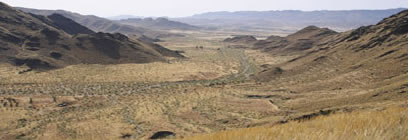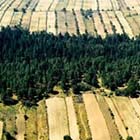Mission and Vision of the Institute
Mission
The main scientific objectives of the Centre undergo ecological and environmental problems of general interest and which mainly affect extreme habitats (desertification and sustainable development, climate change, loss of biodiversity, ecological and evolutionary consequences of global change), first moving in its definition to propose then solutions to them. This general mission is reflected in several concrete objectives:

Arid ecosystems
Improve our understanding of the functioning of arid ecosystems and how they will respond to current and future changes in order to develop specific mitigation strategies.

Desertification
Understand the human and ecological interactions that underlie the desertification, and applying knowledge for the development of operational strategies for diagnosis and mitigation.

Evolutionary Ecology
To understand the mechanisms involved in the evolutionary changes at different levels (individuals, populations, species, communities) as a consequence of ecological processes, trying to decipher the relationship between the characteristics of individuals and the environment in which evolve and develop.

Conservation of species
Contribute to the conservation - insitu and bioremediation - ungulates sahelo Saharan and their habitats.
Vision
The EEZA consolidates itself increasingly as a highly competitive school in both basic and applied research, whose results can be used to conserve natural resources and to develop systems of sustainable use of these resources.